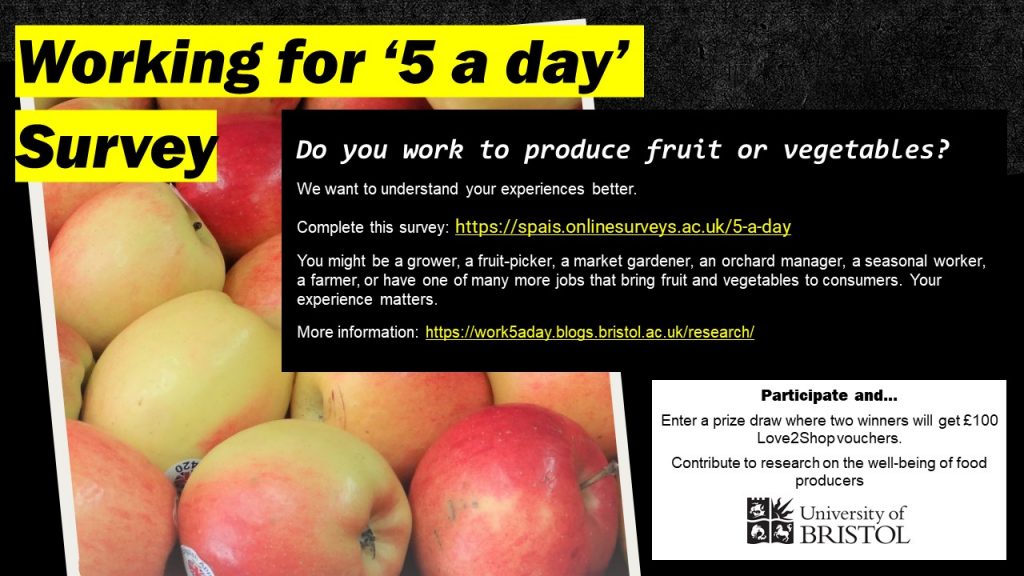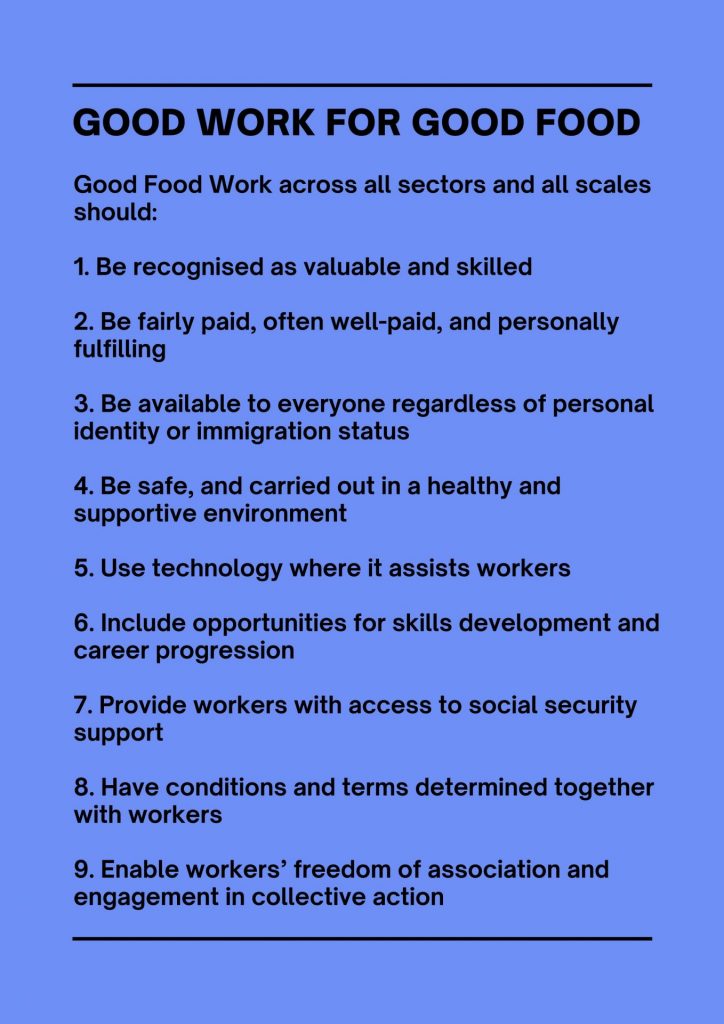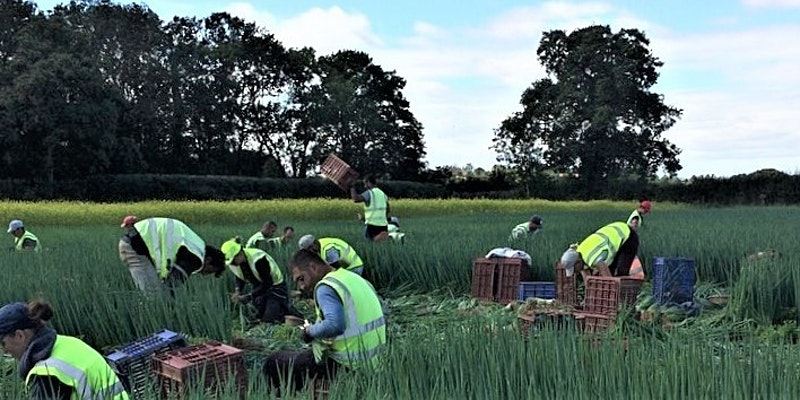The Listening Table, exploring food justice, fishing, and livelihoods in the food system, is now on display to the public at Sparks, in Bristol city centre.
The installation is an interactive dining table with sounds and stories instead of food. It was developed by artists Amy Rose, Synnøve Fredericks and Pete Bennett who have crafted the beautiful wooden table, ceramic vessels, and curated the stories of fisherfolk that can be heard there.
Academics Dr Rob Skinner, Dr Lydia Medland and Dr Lauren Blake brought about the opportunity for the table to be made through inviting ideas for an artwork that would help explore the meaning of ‘food justice’. This term is gaining power, not least in Bristol, as people use it to point to issues of a lack of fairness in the food system. Rob, Lydia and Lauren were captured by the idea of a dining table that people could sit around to explore the idea of food justice.
Amy was invited as an artist in residence to the Bristol Researchers’ Food Justice Network’s seminar series. She was inspired by the work of Dr Lucy McCarthy on the fishing sector who presented at one of the seminars.
Amy took this inspiration back to the creative team and worked together with Synnove and Pete to develop ideas for the piece exploring the rituals of sitting at a table together, eventually travelling around the UK to meet people working in the fishing sector, and listening to their stories.
The table will be in Sparks for a month from 24th February 2024.
Read Dr Rob Skinner’s Blog on the art-research process (coming soon!)
Read our reflections on food justice during the table creation
Read more about the Brigstow Institute who funded the project
Read about more creations from Synnøve Fredericks
Above, work-in-progress photos of the table.




